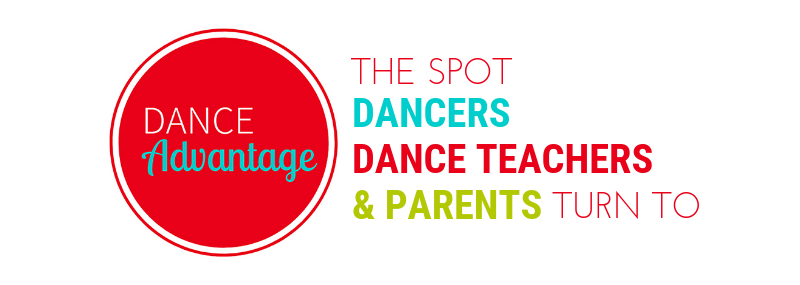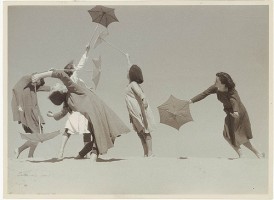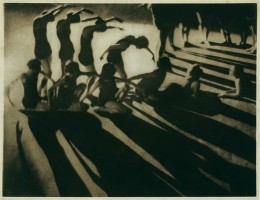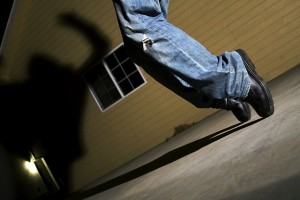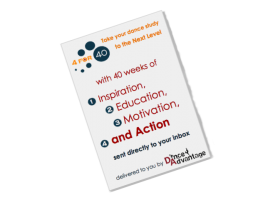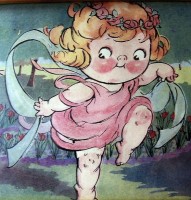The dance classroom is more than a studio; it is a laboratory. It is the training ground for an unforeseeable future. In the age of standardized testing, arts environments can provide the safe havens where mistakes are treated as discoveries and expression is celebrated. Higher order thinking is a natural part of the performance and […]
dance training
FAQ: Why Don’t You Play Music With Lyrics?
Without a doubt, one of my most commonly asked questions by students of all ages is, “why don’t you play music with lyrics?” It isn’t that I refuse to play music with lyrics but for so many reasons, I find music without lyrics better supports my teaching philosophy, my mission, and my lesson plans. Here’s […]
Outside the Bubble: Encouraging Students to Develop Their Own Dance Community
Nowadays, social media is a way of life and a way of interacting in a community. Online communities provide a sense of identity, belonging, and opportunities that don’t exist in traditional communities the way they once did. Personally speaking, I find it easier to find like-minded colleagues online than in my own neighborhood. Here, I […]
“Black or White” to Black and White: Dance History and the Music Video
“The only thing new in dance is you.” A friend shared that quote from an Ohio University professor years ago and it has stuck with me. Every year I find myself chuckling to myself as I listen to kids claim movements as “their” choreography when really many are sampling from the limited palette of movement […]
Sneak Peek at the New Dance Advantage E-course
For the first time, Dance Advantage is releasing premium material for those who want to unlock new doors in their dance training. For 40 weeks, receive an email with 4 components giving you something to DO, LEARN, THINK about, and INSPIRE you in your classes. 4 for 40 is designed for students who want to be better, smarter, stronger dancers and dance students by the end of the dance year.
How Do You Define “Dolly Dinkle” Dance Instruction?
Most of you have an idea about what it means to be a “Dolly Dinkle” (or Dolly Dingle) dance instructor or dance school. Weigh in with your definition of insufficient dance education.
